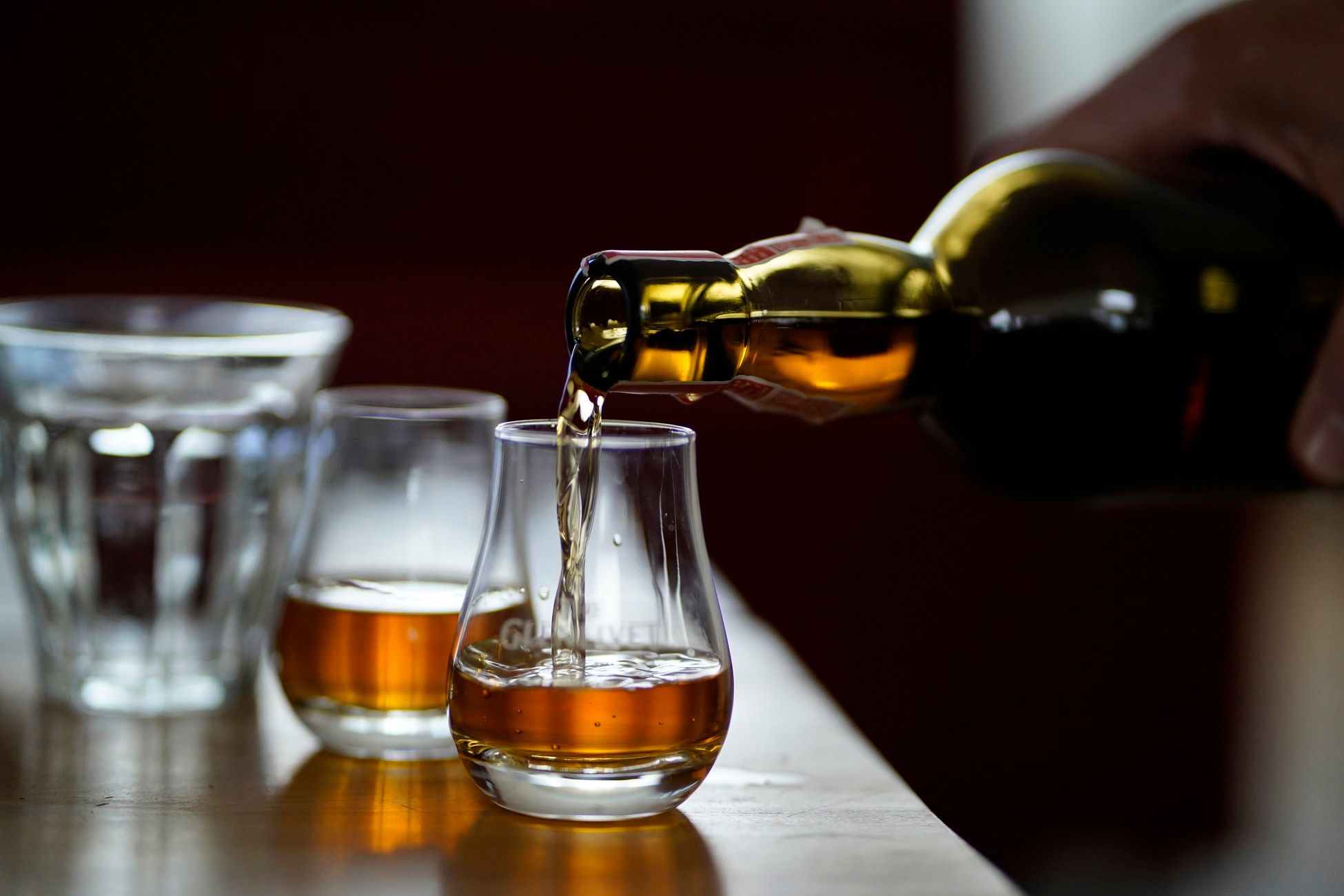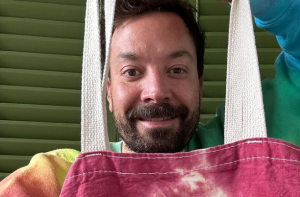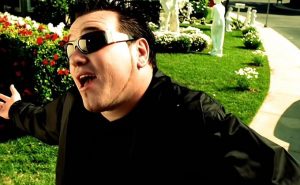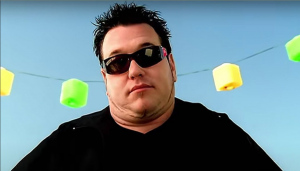World Whisky Day, celebrated globally on the third Saturday in May each year, is being observed on May 15 in 2021. The occasion celebrates the refined liquor, usually through social gatherings, tasting events and other programs around the world.
If you have a glass of whisky, some food, and the company of your friends – life seems perfect. Often called a gentleman’s drink, there’s more to the drink that its fine taste and smoothness.
If you claim to be a whisky lover, you must know the difference between ‘whiskey’ and ‘whisky’. However, you don’t have to worry if you have no idea about what you’re drinking – you are not alone!
Whisk(e)y, a distilled alcoholic beverage is made from fermented grain mash, typically aged in wooden casks – that give it a distinct brown colour and flavour that we all love.
The difference between ‘whiskey’ and ‘whisky’ is a question often asked, it is also one of the most Googled queries.

Opoyi spoke to Asmani Subramanian, Luxury Portfolio Brand Ambassador at Diageo, India and Rojita Tiwari, award-winning drinks writer, educator, consultant, and the drinking coach at Drinks & Destinations to get to the bottom of the answer.
The word ‘whisky’ originated in Scotland from the Scottish or Gaelic word ‘Uisce Beatha’ which means ‘Water of life’.
Also read: Whisky, wind and haggis: Five things to know about Scotland
Subramanian tells OPOYI, “The difference the way whisky is spelled comes from the translation of words from the Scottish and Irish Gaelic forms. In the late 1800s, the Irish producers wanted to differentiate their product from Scotch whisky when both the liquids had commercial propositions, thus, calling their drams ‘whiskey’.”
We often wonder if the difference in spelling makes one superior to another.
“Not really. The difference in the way a dram tastes or feels has nothing to do with the way it is written but the fact where it hails from. If you look at American, Scottish, and Irish whiskies, you’ll notice that there are a few rules about how the liquor is made in those countries. Whisky can be distilled twice as they do it in Scotland and The United States or distilled three times as practice in Ireland,” Subramanian explains.

Rojita tells us, “‘Whisky’ is the word used mostly in Scotland, Canada, Japan, India, and other countries producing the spirit. While the term ‘Whiskey is used in Ireland and America. The Irish were the ones who took the whisky-making technique to America during their settlement across the continent.”
She adds, “But in Australia, mostly the style of the spirit defines whether it would be called whisky or whiskey. The Scottish carried whisky to Canada, India, and Japan.”
Also read: Oldest Irish whiskey collection releases second batch, costs $45,000 for a bottle
So there you have it – the difference in the spelling comes down to where the whisky or whiskey was made.
If that’s too much to remember, there’s a trick – countries with ‘e’ in their names, like Ireland and the United States, use whiskey, while those without an ‘e’ in their spellings, like Canada, Japan, and Scotland, go with whisky.
Here’s your quick guide to understand the difference:
1) While Scotch has malted barley as the ingredient, American whiskey uses corn or rye.
2) Scotch is usually distilled twice while Irish whiskey is triple distilled making it smoother and lighter.
3) By law Scotch can only be produced in Scotland, Bourbon in America, and Irish whiskey in Ireland. The aging of scotch takes place for a minimum of 3 years in ex-bourbon barrels, however, Bourbon whiskey is aged in new oak casks for no specific time period, unless if it’s Straight Bourbon, which has to be aged for a minimum of 2 years.
4) Best way to taste whisky is to pour some into a glen cairn glass/ or normal whisky glass, see the colour, smell gently moving the glass from one side of the nose to the other, take a small sip and savour. Try to note the finish in the palate. Add few drops of water and repeat the same process. Add one or two cubes of ice and enjoy.
Hope now you know your drink better.







